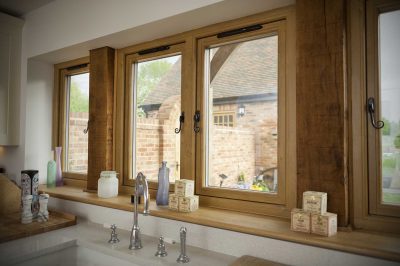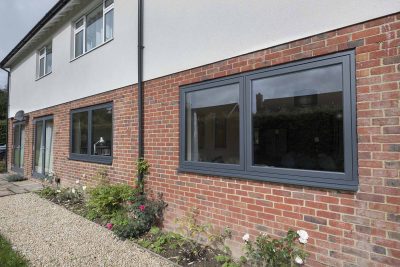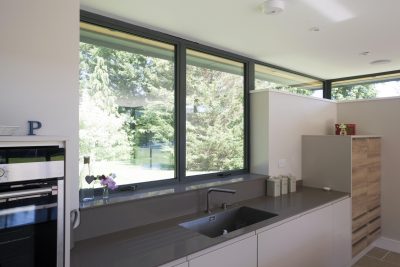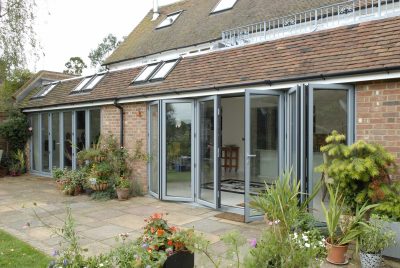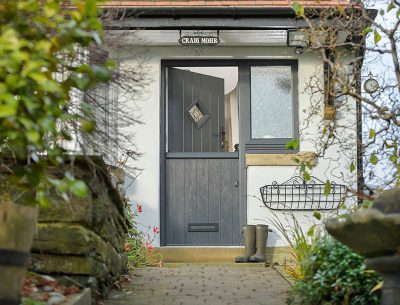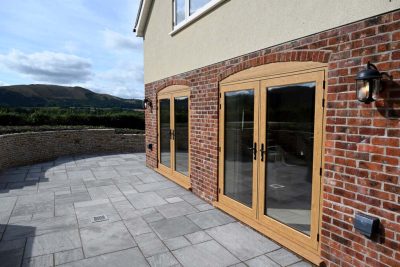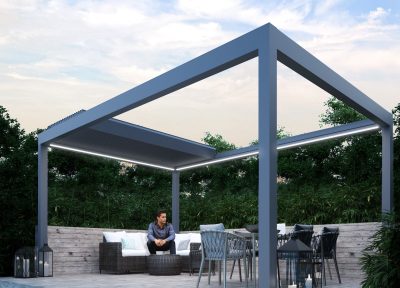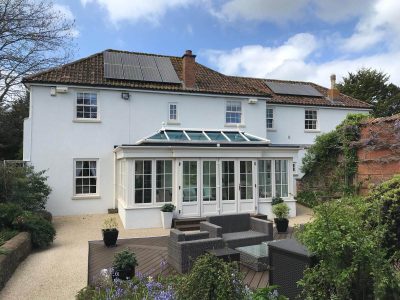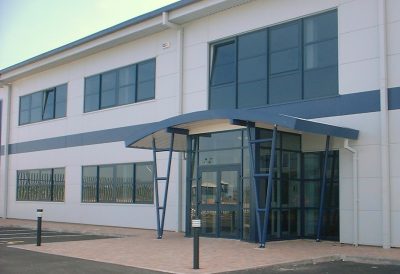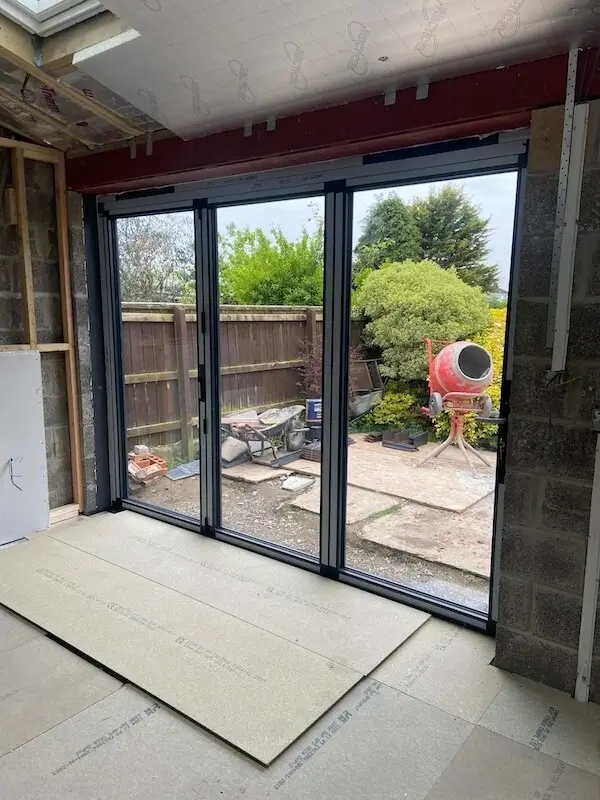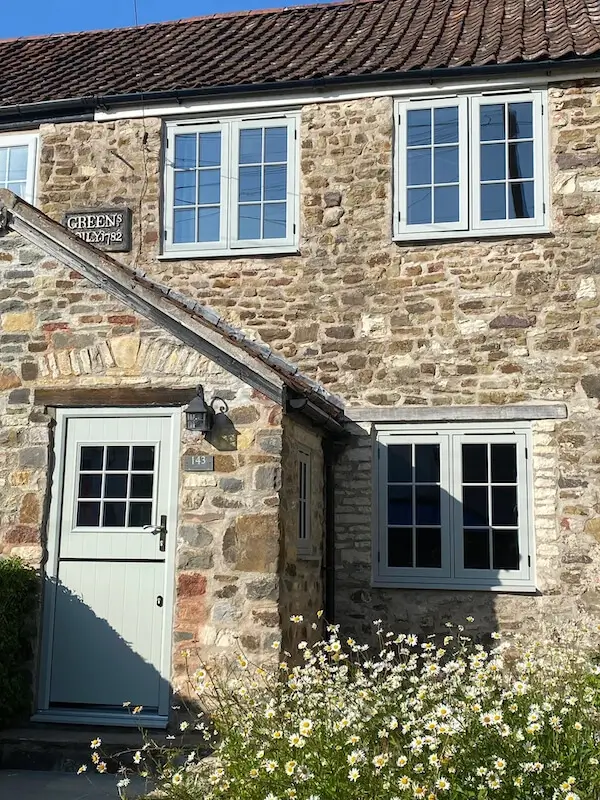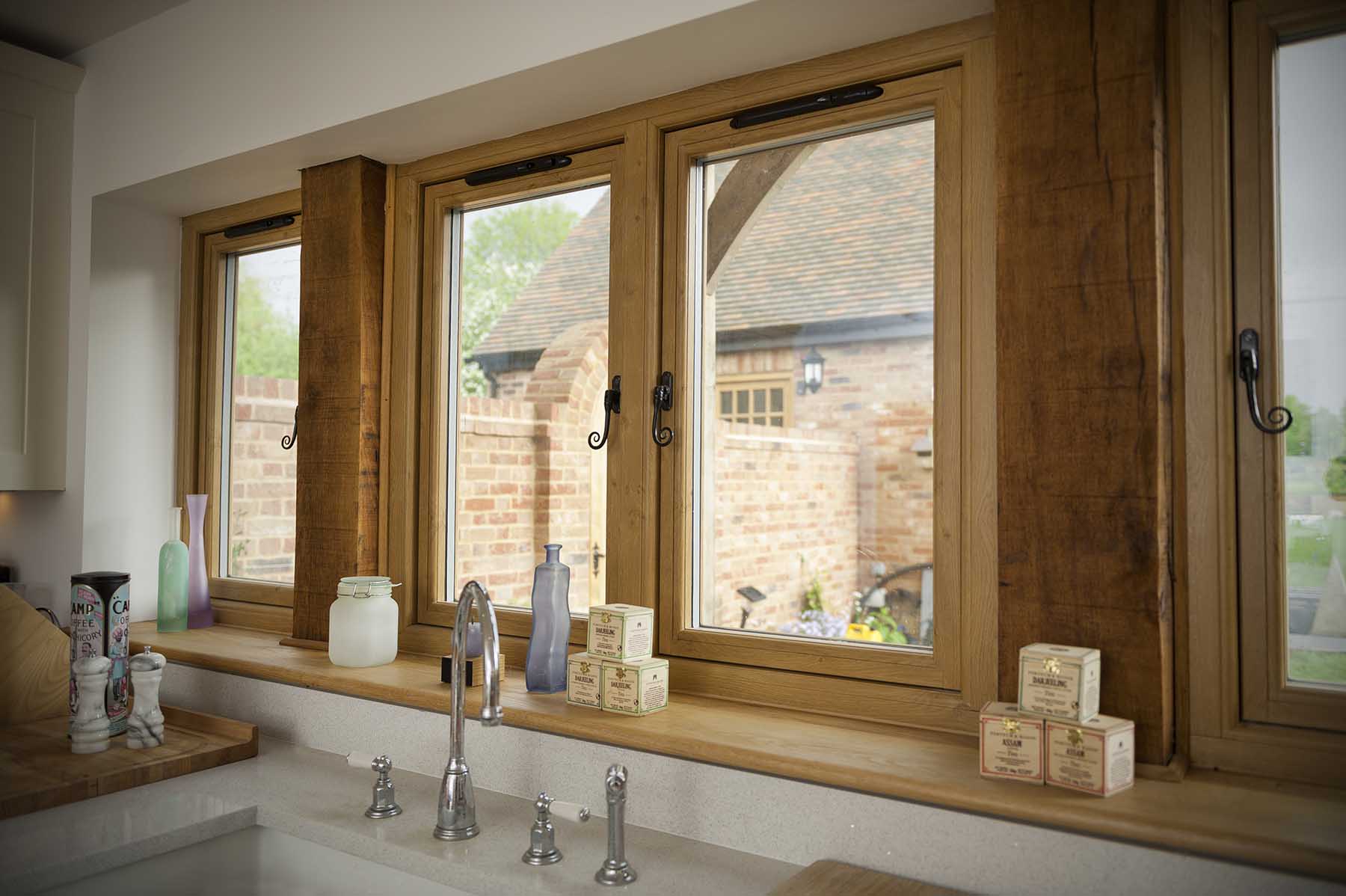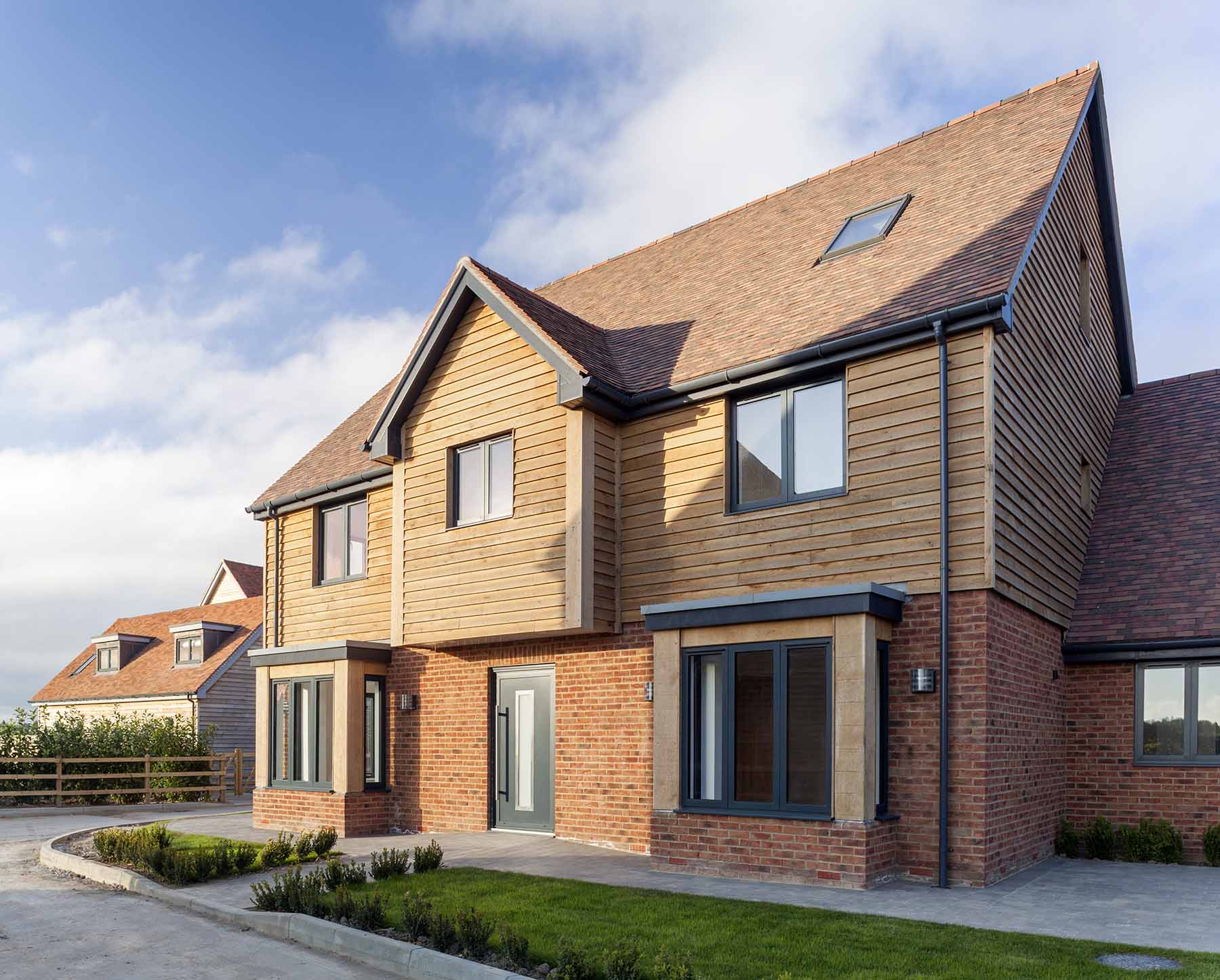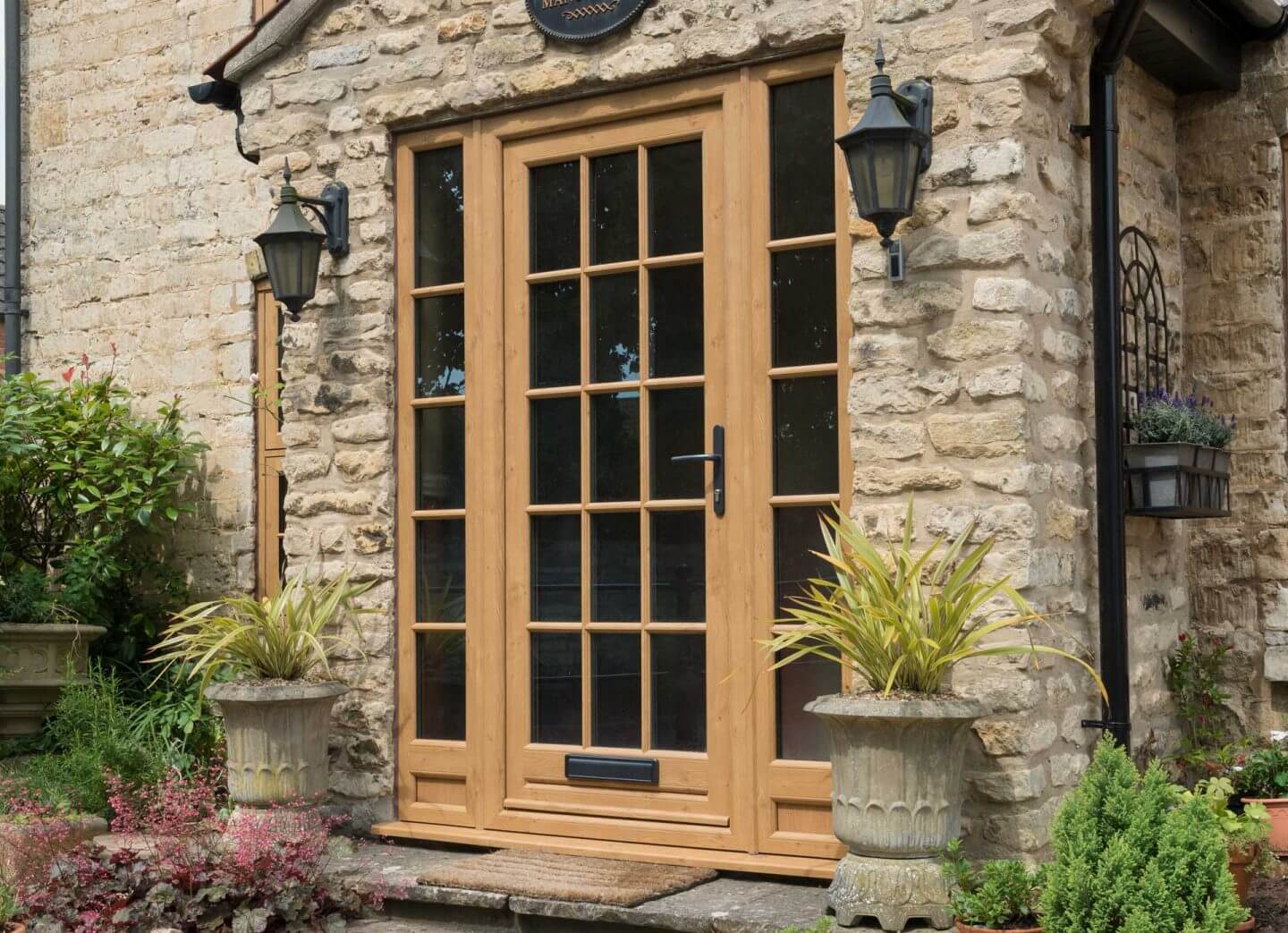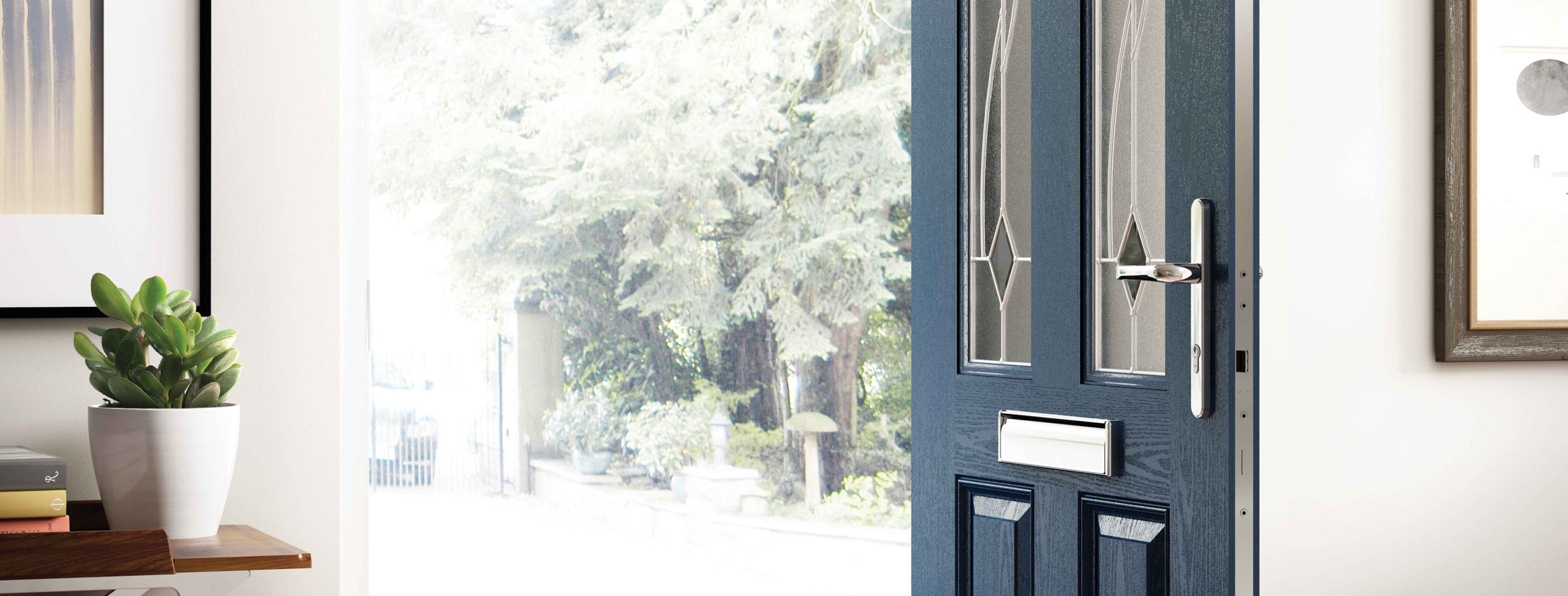With energy bills continuing to rise, many homeowners in Bristol and Bath are looking for ways to reduce their energy consumption and make their homes more comfortable. One of the most effective improvements you can make is upgrading to energy-efficient windows, which can also help cut noise pollution. Modern windows can dramatically reduce heat loss, keeping your home warmer in winter and cooler in summer.
At DM Windows, we’ve helped homeowners across Bristol and Bath improve the thermal efficiency of their homes with high-performance windows.
In this guide, we’ll explain what makes a window energy efficient and explore the best options for your home.
Why Energy Efficiency Matters
The average home loses around 20% of its heat through windows. This figure can be much higher if you have older, single glazed windows. This means your central heating works harder, you use more energy, and your bills go up, making it essential to consider an informed decision about upgrading your windows.
Lower energy bills – less heat loss means your heating system doesn’t need to work as hard, reducing the amount of energy needed.
- Lower energy bills – less heat loss means your heating system doesn’t need to work as hard
- Less condensation – warmer interior glass surfaces, aided by the warm edge spacer, reduce the risk of condensation.
- Reduced carbon footprint – using less energy helps the environment
- Less condensation – warmer interior glass surfaces reduce the risk of condensation
With the cost of energy continuing to rise, investing in efficient windows can pay dividends in the long term through reduced heating bills.
What Makes a Window Energy Efficient?
Several factors contribute to a window’s energy efficiency.
Frame Material
The material used for the window frame affects its thermal performance and acoustic performance. Different materials have different insulating properties. UPVC frames contain multiple chambers that trap air and provide excellent insulation. Aluminium frames are naturally conductive but now come with thermal breaks (insulating barriers within the frame) to improve efficiency.
Window Energy Ratings (WER)
The energy efficiency of windows in the UK is measured using the Window Energy Rating (WER) system. This rates windows from G (least efficient) to A++ (most efficient), considering a range of factors such as how much heat the window retains, how much solar heat it gains, and how airtight it is.
The rating system makes it easy to compare different windows and choose the most energy-efficient option for your home.
Double Glazing vs. Triple Glazing
Both double and triple glazing offer significant improvements over single glazing, but they have important differences.
Double Glazing
Double glazing consists of two panes of glass with a sealed gap between them. This gap, usually filled with argon gas, provides an extra layer of insulation that significantly reduces heat transfer.
At DM Windows, our double-glazed windows provide excellent thermal performance, achieving high energy ratings while effectively reducing external noise. They’re an excellent choice for most homes in Bristol and Bath, offering a good balance of performance and value.
Triple Glazing
Triple glazing adds a third pane of glass, creating two insulating gaps instead of one. This provides even better thermal performance, with several advantages:
- Superior insulation – typically around 40% better than standard double glazing, especially important for new builds.
- Reduced cold spots near windows
- Massive sound insulation, excellent for city homes or flight paths
- Further reduced risk of condensation
Our triple-glazed windows can achieve the highest A++ energy ratings, making them perfect for homeowners who want the best energy efficiency or those in particularly noisy locations.
UPVC vs. Aluminium Windows
Both uPVC and aluminium offer excellent options for energy-efficient windows, each with its strengths.
uPVC Windows
Our Spectus uPVC windows are designed with energy efficiency as a priority. Their multi-chambered profiles trap air to provide outstanding thermal insulation.
- Can achieve A++ WER ratings, the best possible
- Achieve U-values as low as 0.8W/m²K, well below building regulations requirements
- Available in a wide range of styles, including casement, tilt and turn, and sliding sash
- Wide choice of colours and finishes, including woodgrain effects
Aluminium Windows
While aluminium naturally conducts heat, our Smart Alitherm aluminium windows use advanced thermal break technology to deliver excellent energy efficiency.
- Achieve ‘A’ WER ratings
- U-values as low as 1.2W/m²K
- Slimmer frames for more glass area and a modern look
- Exceptionally strong and durable
- Available in any RAL colour
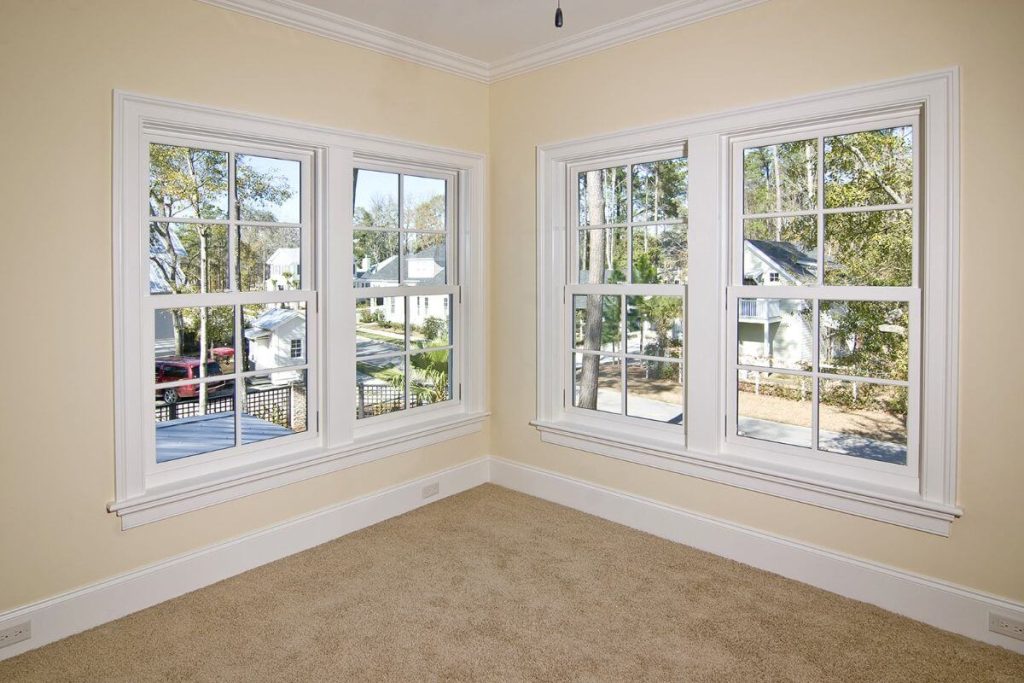
Solutions for Conservation Properties
Many homeowners in Bristol and Bath’s conservation areas struggle with cold, draughty windows. These historic single pane windows often leak warm air and allow cold air in, driving up energy bills and creating uncomfortable living spaces. Despite this, strict planning restrictions can make replacing them challenging.
Fortunately, there are still ways to improve energy efficiency while preserving the character of your property.
Secondary Glazing
Secondary glazing is a unique way of providing energy efficiency for heritage or conservation properties. It involves installing a second window inside your existing one. This creates an insulating air gap without changing the external appearance of your home.
- Reduces heat loss by up to 60%
- Preserves original windows
- Often acceptable in conservation areas and listed buildings
- Excellent sound insulation
Our Granada secondary glazing features slim aluminium frames that are barely noticeable, preserving the character of your original windows while dramatically improving their performance.
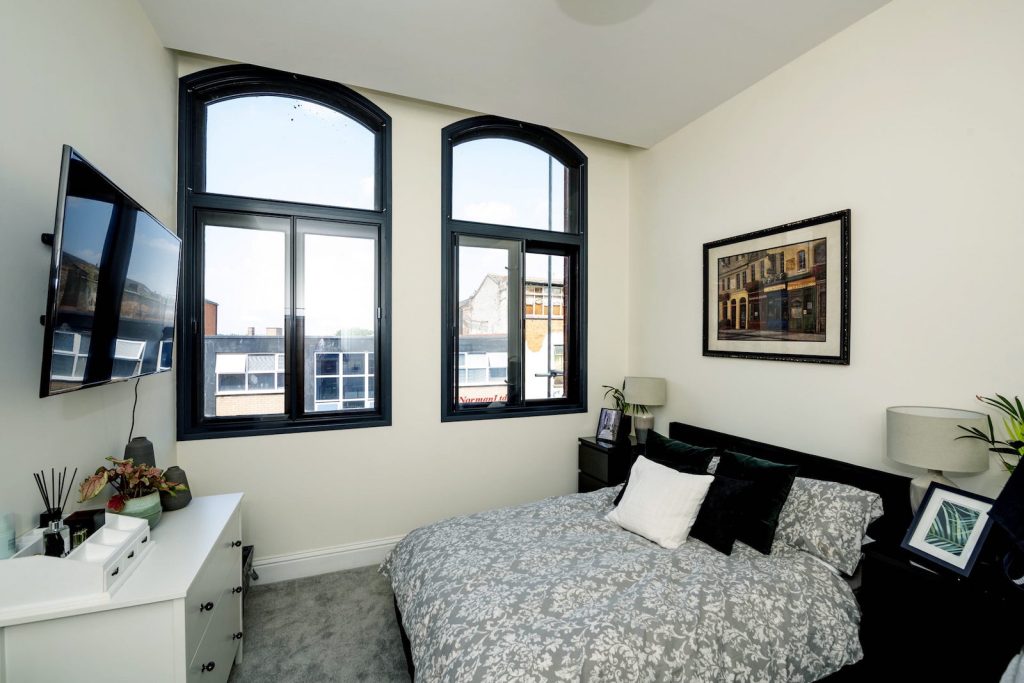
Residence Collection Windows
For properties where replacement windows are permitted but must maintain a traditional appearance, the Residence Collection offers the perfect solution.
These innovative windows combine authentic period styling with modern energy efficiency:
- Designed to replicate 19th-century timber designs
- Available in three collections (R9, R7, and R²) to suit different property styles
- Multi-chambered frames for excellent thermal performance
- Can achieve exceptional A++ energy ratings
- Available with double or triple glazing
- 20 standard colours including authentic woodgrain finishes
Residence Collection windows have been approved for use in many conservation areas throughout the UK, making them an ideal choice for period properties.
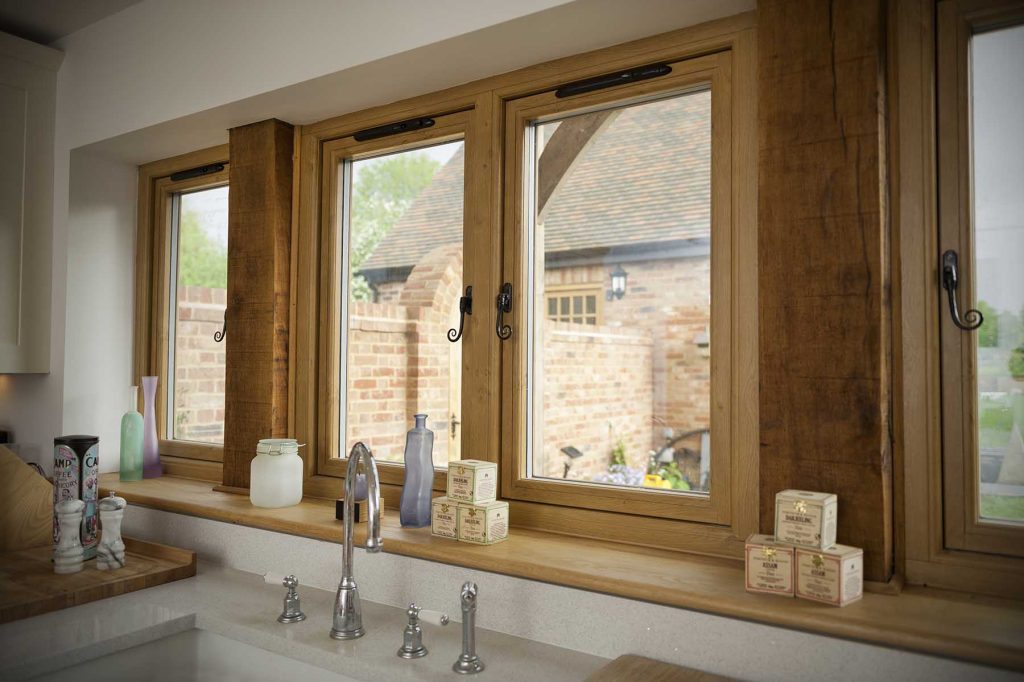
Why Choose DM Windows?
When it comes to installing energy-efficient windows in your Bristol or Bath home, experience and expertise matter. At DM Windows, we offer:
- Over 20 years of experience installing windows throughout Bristol, Bath and surrounding areas
- CERTASS accreditation, ensuring our installations meet the highest industry standards
- Partnership with leading manufacturers, including Spectus and Smart Systems
Our team takes the time to understand your specific requirements, helping you choose the most appropriate windows for your home and budget.
Don’t Settle for Cold Rooms and High Bills
Upgrading to energy-efficient windows is one of the most effective ways to reduce energy bills and make your home more comfortable. Whether you choose double or triple glazing, uPVC or aluminium frames, we have solutions to suit every property and budget.
To discuss your options or arrange a free, no-obligation consultation, call us on 0117 313 6884, email us at sales@dmwindowsbristol.com, or use our online contact form.
Our friendly team is ready to help you create a warmer, more energy-efficient home.
Frequently Asked Questions
Which is the most energy efficient window style?
The style of the window doesn’t significantly impact energy efficiency. What matters far more are the materials used and the glazing specifications. All our window styles can achieve excellent low U-values, which indicate better insulation, and high energy ratings.
Are energy-efficient windows worth the investment?
The cost of energy-efficient windows should be factored against the savings they create through reduced energy bills, considering factors such as the size of the window. They also add value to your property, improve comfort, and reduce your environmental impact.
How long do new windows last?
Modern uPVC windows typically last 20-25 years, while aluminium windows can last 30 years or more with minimal maintenance. This long lifespan and ongoing energy savings can significantly reduce the amount of heat lost, making them a sound long-term investment for your home.
More From Us
Ultimate Guide: Residence Collection Windows
Replacement Windows Conservation Area: A Guide
Is Secondary Glazing Worth Doing?
How does window installation affect energy efficiency?
Window installation is crucial for a building’s energy efficiency. Proper installation of windows minimizes air leaks and drafts, keeping heated or cooled air inside and reducing strain on HVAC systems, which lowers energy bills and improves comfort.
Both the type of window and installation quality matter. Energy-efficient windows often feature double or triple glazing, Low-E coatings, and insulated frames—but even the best windows perform poorly if installed incorrectly. Poor installation can cause gaps and misalignments, allowing air infiltration.
Correct installation also reduces thermal bridging by ensuring proper flashing, caulking, and insulation around the frame. Window orientation matters too: south-facing windows can boost solar heating in cold climates, while shaded placement helps keep homes cooler in warmer regions.
In short, energy-efficient window products combined with expert installation—ensuring airtightness, good insulation, and optimal placement—significantly improve energy performance and comfort while offering long-term savings.
Which styles of windows are most energy efficient for UK homes?
When considering the most energy efficient window styles for UK homes, double-glazed windows are highly recommended due to their ability to reduce heat loss. Casement windows, which open outward, provide excellent insulation and can be fitted with energy-efficient glass. Additionally, sash windows with modern materials and seals can also enhance energy efficiency. Lastly, tilt-and-turn windows offer versatility and effective thermal performance, making them a great choice for energy-conscious homeowners.
What certifications should I look for when buying energy efficient windows?
When buying energy efficient windows, look for certifications such as ENERGY STAR, National Fenestration Rating Council (NFRC) ratings, and the American Architectural Manufacturers Association (AAMA) certification. These certifications indicate that the windows meet specific energy performance standards, ensuring that they can effectively reduce heat loss and gain while providing optimal energy efficiency for your home.
